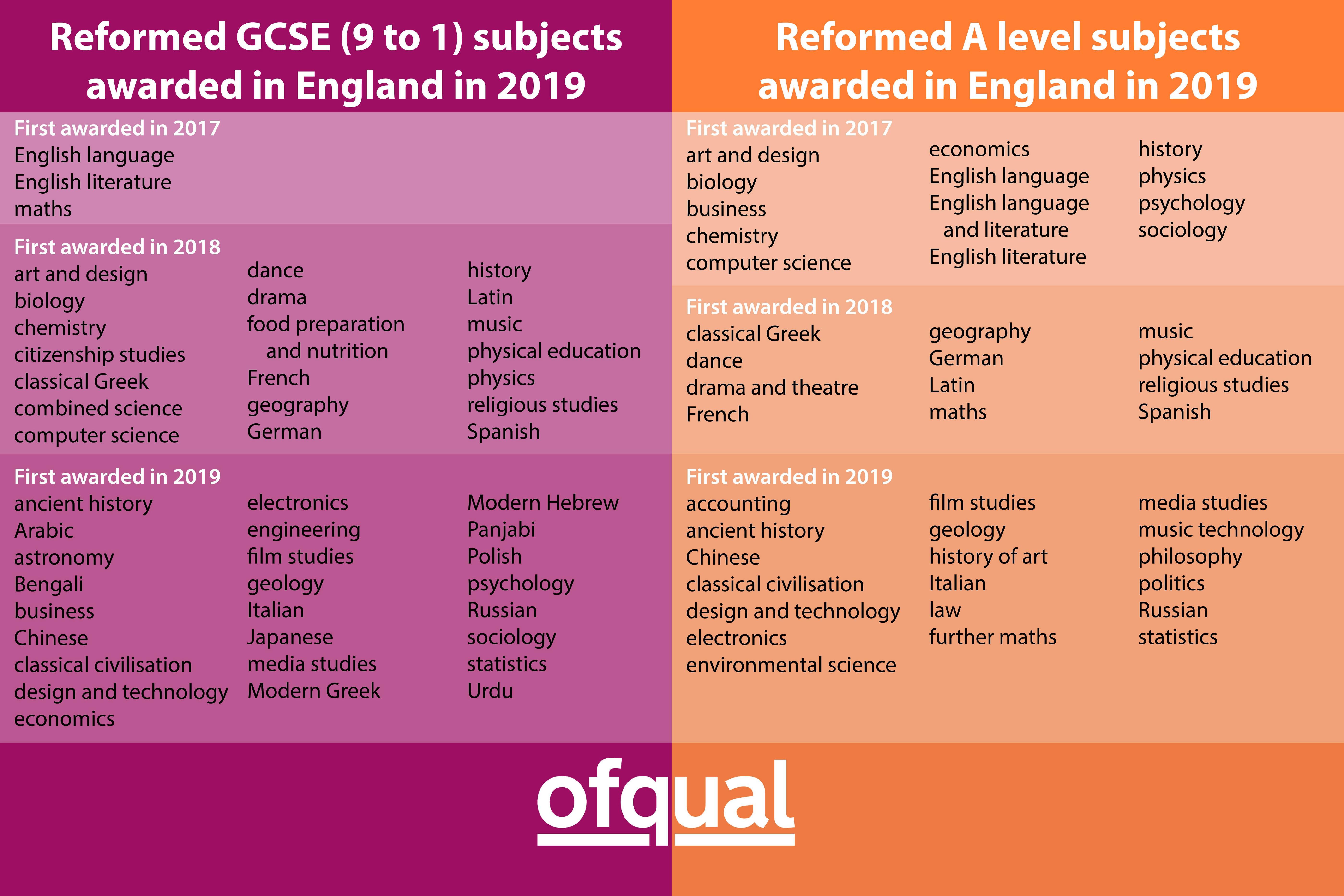You may be wondering what education level is GCSE. GCSE stands for General Certificate of Secondary Education. It is a level of study that crosses two levels of the Regulated Qualifications Framework (RQF). GCSE examinations are taken by students in over 40 subjects and assess them on a graded scale. However, there is more to GCSE than meets the eye. Here’s a quick rundown.
GCSE grades are based on education level
GCSE grades are determined by the education level of a student. The old grading system used the G Grade to represent the lowest possible mark. New grading scales use a nine-point scale equivalent to the former A* classification (and the new A grade for Northern Ireland). In addition, the new grade 4 relates to a “standard pass”, while the new grade 5 refers to an “A*”.
GCSE grades in England are based on the education level of the students. For example, students gaining grades of A* to G will receive a certificate at Level 2. In Wales, however, students will still receive grades in A to G format. While GCSE grades in England follow the A* to G grading system, other exam boards award grades from nine to one. The public examination system in Scotland follows a different grading system.
They cross two levels of the Regulated Qualifications Framework (RQF)
The RQF is a new system for categorising and regulating qualifications. It replaces the old QCF, and helps to make the qualification system more uniform. RQF entry levels correspond to FHEQ levels four to eight. It is useful for students and teachers as it helps them understand the size, complexity, and recognition of the award. Here are some things you should know about the new system.
In England, GCSEs are divided into two levels. The first level, called the Certificate of Secondary Education (CSE), covered GCSE grades C-G. The second level, called the O-Level, covered grades A-C and nine to four. The first two levels were entirely separate qualifications, and they were often criticized for disadvantaging the O-Level entrants.
They are available in over 40 subjects
GCSEs are the main qualification taken by children from 14 to 16 years of age, and are available in more than 40 subjects. Some of these subjects are more academic, whilst others are ‘applied’, or work-related. The qualification normally lasts for two years, and you can study a full range of subjects. There are also short courses available for adult learners to learn a few subjects. The qualifications are free to take, and there are no formal age limits.
GCSE courses involve both theory and investigation, and are available in over 40 subjects. There are 40 academic subjects to choose from, as well as nine applied subjects related to different areas of work. Some applied GCSEs are larger than traditional GCSEs, and many can be taken in half the time. The grading system for GCSEs is on a one-to-nine scale. GCSEs have a range of different entry requirements, and you may need to take more than one.
They are assessed on a graded scale
All assessments are accurate to a certain degree, but in this case, the scales are student-friendly. Students who can identify with the grading scale are more likely to reach their learning goals. Just began questioning the grading scale after attending a conference on Linked Learning in Berkeley. Instead of assigning a hundred-point scale to students, she now asks them to explain how scientific concepts work in order to determine their understanding.
They are a test of students’ character, determination and stamina
In response to recent criticisms of the GCSEs, the government has defended the examination system. The master of Magdalen College in Oxford, Dr Tim Hands, says that the modern system is a test of students’ character, determination and stamina, and is therefore a good way to develop a student’s resilience. He also calls for the elimination of political meddling in the examination process, which he believes does little good.
A recent report from the Learning and Work Institute stresses the value of GCSEs. OECD research predicts that there will be over five million adults with low basic skills by 2020. GCSEs are the key to unlocking key qualifications, such as a degree, and providing support for personal development for the future. Although the traditional exam assessment process can be unpleasant, it is said to prepare pupils for workplace norms and instil skills such as time management and self-discipline.

